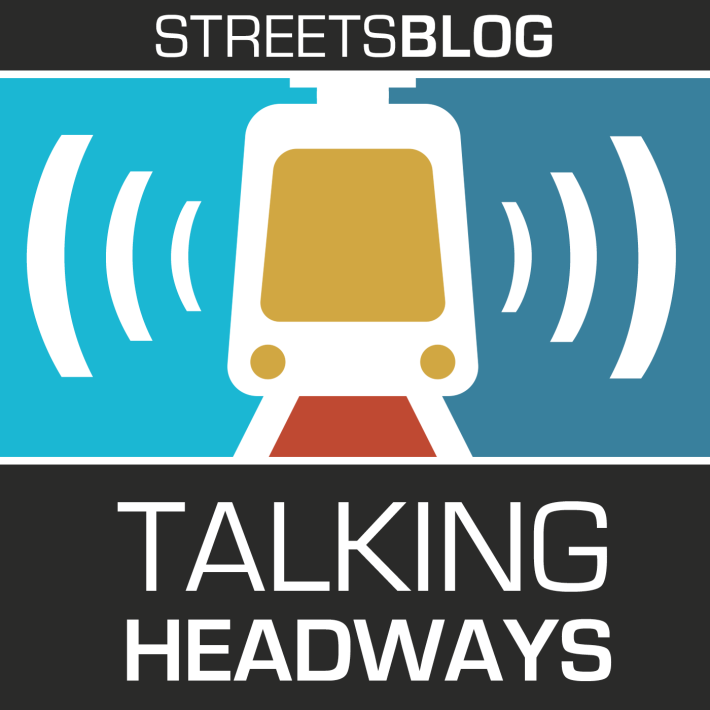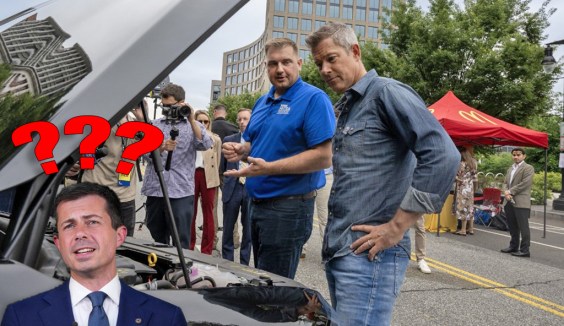In California, whether you’re building an office tower or a new transit line, you’re going to run up against the California Environmental Quality Act (CEQA). The law determines how much environmental analysis you need to do for new projects. But sadly, in practice it’s better at propagating car-oriented development than improving the quality of the environment.
That’s because instead of looking at a project’s effect on the environment, CEQA looks mostly at its effect on traffic. And the measures CEQA uses to determine traffic impacts focus on individual intersections, instead of the region as a whole. As a result, they end up penalizing urban infill development and transit projects while promoting sprawl and road expansion.
Here’s the good news: The core traffic metric embedded in CEQA, known as Level of Service (LOS), is set to be overhauled in California. Last year, Governor Jerry Brown signed into law SB743. One thing that bill does is allow the Sacramento Kings to build a new stadium. But the other thing it does is allow for the Governor’s Office of Planning and Research to come up with a new metric to replace LOS -- a very hot topic on Streetsblog.
This week’s Talking Headways is a special one-hour episode all about how LOS works against sustainable development patterns and what is being done to change it.
Jeff produced this podcast for the NRDC Urban Solutions Program. Guests include Jeff Tumlin of NelsonNygaard, Amanda Eaken of NRDC, and Chris Ganson of the Governor’s Office of Planning and Research. Hope you enjoy it.
Catch us on iTunes, Stitcher, and the RSS feed. And we'll see you on Twitter.






